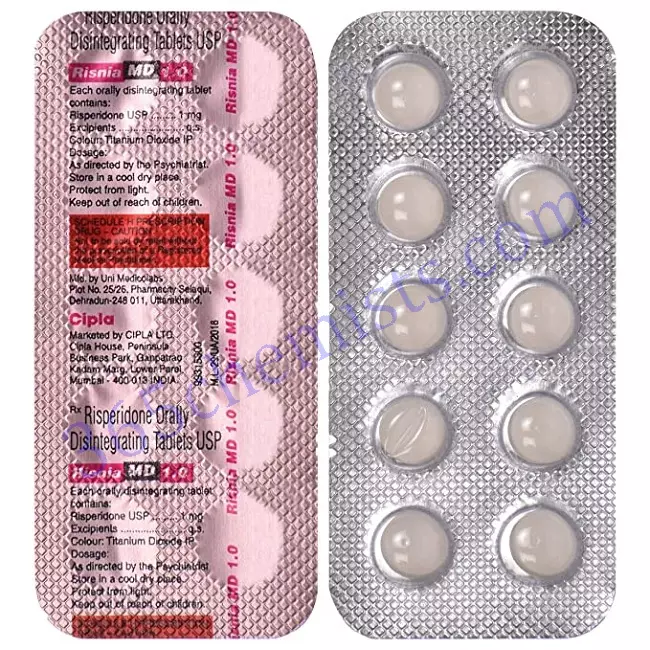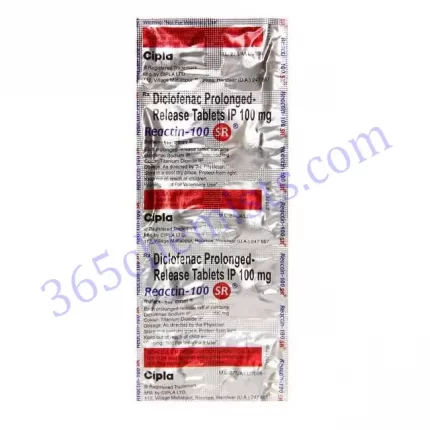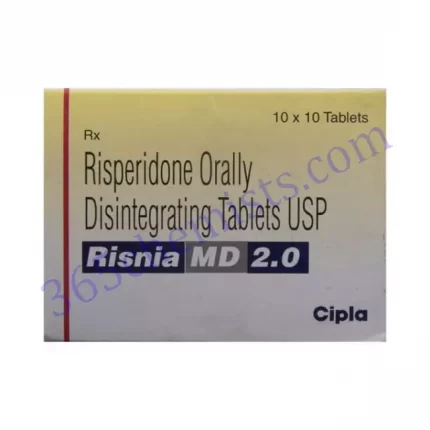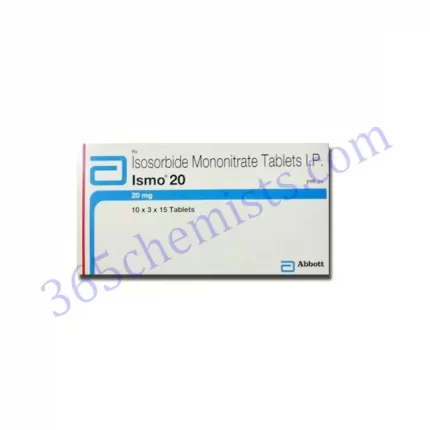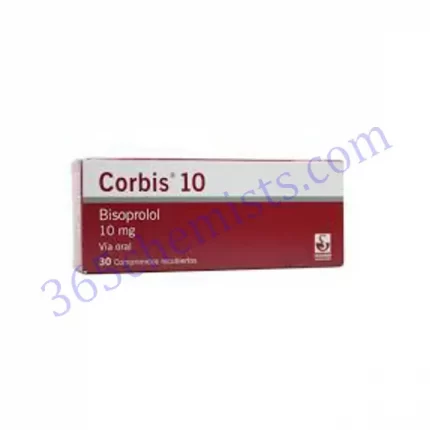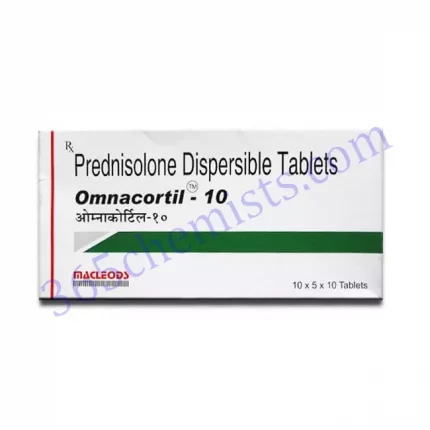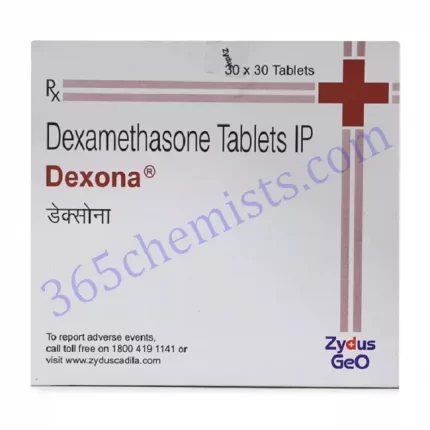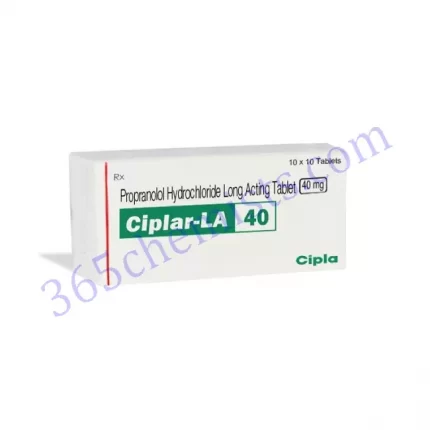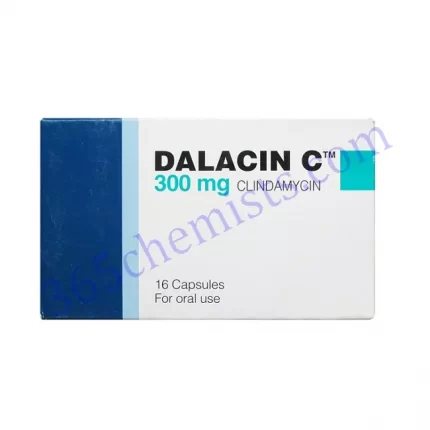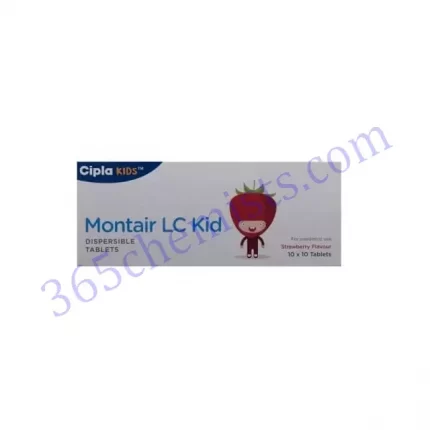Risnia MD 1mg Tablet: A Comprehensive Overview of Risperidone for Psychiatric Disorders
Risperidone, in a dosage of 1 mg, is the active component of the pharmaceutical product known as Risnia MD 1mg Tablet. Risperidone is an antipsychotic medication that is frequently prescribed to patients in order to assist in the management of a wide variety of psychiatric conditions. Risnia MD 1mg Tablet is a topic that will be covered in great detail in this article. Topics that will be covered include its composition, how it works (its mechanism of action), indications, dosage, potential adverse effects, and precautions.
Composition and Mechanism of Action:
Risperidone, an antipsychotic medication of the second generation, is contained within the Risnia MD 1mg Tablet. Risperidone is able to exert its therapeutic effect on the brain by inhibiting the activity of dopamine D2 receptors and serotonin 5-HT2A receptors. Risperidone helps to alleviate the symptoms of psychiatric disorders like schizophrenia and bipolar disorder by modulating the function of these receptors. These disorders include schizophrenia and bipolar disorder.
Indications and Usage:
The primary purpose of Risnia MD 1mg Tablet is to treat schizophrenia, a persistent and severe mental disorder that is characterised by distorted thoughts, hallucinations, delusions, and disorganised behaviour. It is also used in the management of acute manic episodes associated with bipolar disorder, a mood disorder that is characterised by alternating periods of mania and depression. Lastly, it is utilised in the treatment of major depressive episodes.
Risnia MD 1mg Tablet may also be prescribed for the treatment of other psychiatric conditions, such as schizoaffective disorder, which is a condition that combines characteristics of both schizophrenia and mood disorders. These primary indications are only some of the possible uses for this medication.
Dosage and Administration:
It is important to tailor the dosage of Risnia MD 1mg Tablet to each patient, taking into account the severity of their symptoms, how well they are responding to treatment, and whether or not they are taking any other medications at the same time. It is extremely important to take the medication exactly as directed by the healthcare professional, both in terms of the dosage and the length of time.
When treating adults, the typical starting dose of Risnia MD Tablet is 1 mg taken once daily. It is possible, under the supervision of a medical professional, to make gradual adjustments to the dosage in order to achieve the desired therapeutic response. The maximum dose that is recommended per day is 8 mg.
Side Effects:
Risnia MD 1mg Tablet, just like any other medication, has the potential to cause certain adverse effects; however, not everyone will experience them. Drowsiness, dizziness, headache, increased appetite, weight gain, and dry mouth are common unwanted effects that can occur when taking this medication. In most cases, these adverse effects are mild and temporary; however, it is imperative to speak with a medical professional in the event that they continue or become worse.
Risnia MD 1mg Tablet may in some instances cause more serious adverse reactions, including extrapyramidal symptoms (such as parkinsonism, dystonia, and akathisia), neuroleptic malignant syndrome, metabolic changes (such as elevated blood sugar and dyslipidemia), and cardiovascular effects (such as orthostatic hypotension and tachycardia). If any of these potentially life-threatening side effects manifest themselves, immediate medical attention is required.
Precautions and Contraindications:
Before beginning treatment with Risnia MD 1mg Tablet, it is vitally important to inform the healthcare professional about any pre-existing medical conditions, particularly cardiovascular diseases, liver or kidney impairment, epilepsy, and glaucoma. In addition, it is important to disclose any allergies to medications, vitamins, or supplements that you may be taking. There is a possibility that the Risnia MD 1mg Tablet will interact negatively with other medications, including antihypertensives, anticonvulsants, antidepressants, and antifungal agents. As a result, it is imperative that any and all medications currently being taken be disclosed to the healthcare professional.
Patients who have been shown to have an extreme sensitivity to risperidone or any of the other components of the formulation should not take the Risnia MD 1mg Tablet. Patients who suffer from Parkinson’s disease or narrow-angle glaucoma should not be given this medication.
Conclusion:
A valuable medication for the management of a variety of psychiatric disorders is the Risnia MD 1mg Tablet, which contains 1mg of the active ingredient risperidone. It accomplishes this by blocking dopamine and serotonin receptors in the brain, which results in a significant reduction in the symptoms that are associated with schizophrenia and bipolar disorder. To use Risnia MD 1mg Tablet in a manner that is both secure and efficient, it is essential to strictly adhere to the dosage and precautions that have been prescribed. It is possible to improve therapeutic outcomes and reduce the risk of adverse effects by maintaining regular monitoring and maintaining open communication with healthcare professionals.

